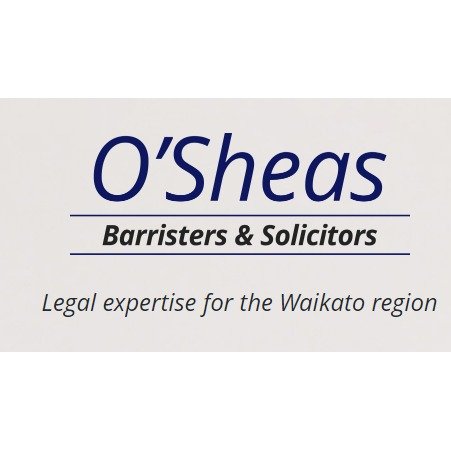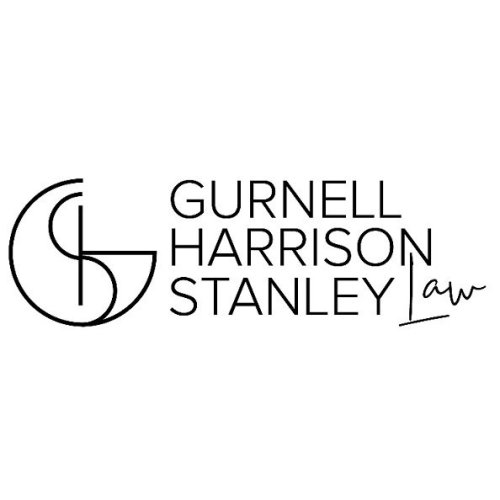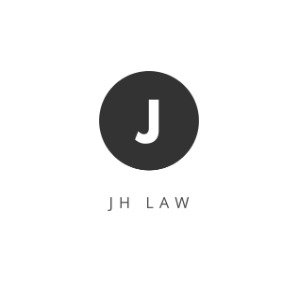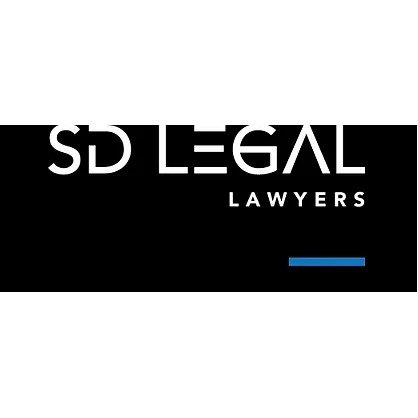Best Oil, Gas & Energy Lawyers in Hamilton
Share your needs with us, get contacted by law firms.
Free. Takes 2 min.
List of the best lawyers in Hamilton, New Zealand
About Oil, Gas & Energy Law in Hamilton, New Zealand
The field of Oil, Gas, and Energy law in Hamilton, New Zealand, covers legal and commercial aspects related to the extraction, supply, and use of oil, gas, and other forms of energy. This includes regulations around drilling operations, licensing, environmental considerations, transportation, and taxation.
Why You May Need a Lawyer
You can require a lawyer for a variety of reasons in the field of oil, gas, and energy. Such reasons could include dispute mediation between companies and landowners concerning the exploration and extraction of resources, assistance navigating through complex regulations and licenses required to operate within the sector, or even help to understand international laws governing the sector in the context of a global operation.
Local Laws Overview
The oil, gas, and energy sector in New Zealand is principally governed by the Crown Minerals Act 1991 and its subsequent amendments, as well as the Resource Management Act 1991 which covers environmental considerations. The Health and Safety in Employment Act 1992 also plays a role, particularly in terms of worker safety in high-risk environments such as drilling sites. Additionally, local councils in places like Hamilton have their own regulations and bylaws such as the Proposed Waikato District Plan which can apply to operations within their jurisdictions.
Frequently Asked Questions
What kind of licenses do I need to operate in the oil, gas or energy sectors in Hamilton?
In New Zealand, licenses to engage in activities related to the oil, gas, and energy sector are given as per the Crown Minerals Act 1991. These licenses include prospecting, exploration, and mining permits.
What regulations are there about drilling operations?
Drilling operations in New Zealand are subject to several regulations including the Resource Management Act, which governs environmental considerations, and the Health and Safety in Employment Act, which oversees worker safety. These Acts stipulate the requirements for work conditions and environmental safety that operators must meet.
What kinds of disputes can arise in this sector?
Common disputes can range from contractual issues between parties involved in oil, gas, and energy development, disagreements over licensing and entitlements, or legal conflict arising from environmental or health and safety violations.
Is green energy regulated by the same laws in New Zealand?
While many of the same overarching policies apply, green or renewable energy projects are also governed by additional regulations, including those related specifically to renewable energy projects such as wind farm or solar panel installation.
Do local council regulations have any impact on operating in Hamilton?
Yes, councils like Hamilton’s have their own bylaws and regulations, for instance, the Proposed Waikato District Plan which can apply to operations within their jurisdictions and can impact how businesses in the energy sector operate.
Additional Resources
For further resources, you may want to consider contacting New Zealand’s Ministry of Business, Innovation, & Employment, the Energy Efficiency and Conservation Authority or the New Zealand Petroleum Exploration & Production Association. They can provide additional resources, support, and advice.
Next Steps
If you require legal assistance within the field of oil, gas, and energy, start by seeking out a legal expert or law firm experienced in these fields. They can guide you through the specific laws and regulations, help mitigate disputes, and ensure your operations comply with all relevant legislation.
Lawzana helps you find the best lawyers and law firms in Hamilton through a curated and pre-screened list of qualified legal professionals. Our platform offers rankings and detailed profiles of attorneys and law firms, allowing you to compare based on practice areas, including Oil, Gas & Energy, experience, and client feedback.
Each profile includes a description of the firm's areas of practice, client reviews, team members and partners, year of establishment, spoken languages, office locations, contact information, social media presence, and any published articles or resources. Most firms on our platform speak English and are experienced in both local and international legal matters.
Get a quote from top-rated law firms in Hamilton, New Zealand — quickly, securely, and without unnecessary hassle.
Disclaimer:
The information provided on this page is for general informational purposes only and does not constitute legal advice. While we strive to ensure the accuracy and relevance of the content, legal information may change over time, and interpretations of the law can vary. You should always consult with a qualified legal professional for advice specific to your situation.
We disclaim all liability for actions taken or not taken based on the content of this page. If you believe any information is incorrect or outdated, please contact us, and we will review and update it where appropriate.

















